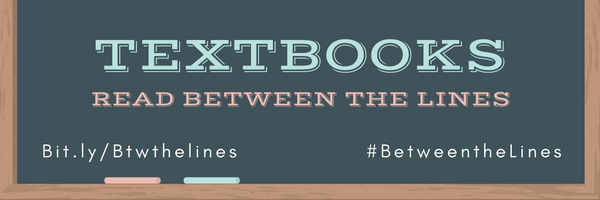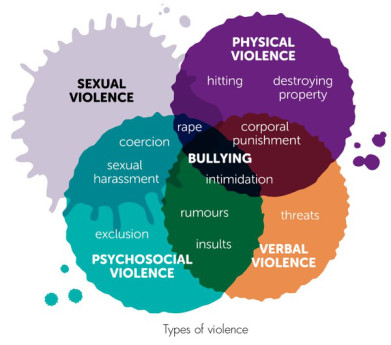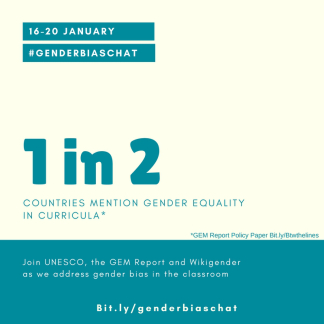
by Peter Carrier, Georg Eckert Institute
One of the most striking aspects of education about the Holocaust is that no country is alike. Even when two countries stipulate simply ‘the Holocaust’ in their national curricula, the event is invariably contextualised in idiosyncratic ways. England, for example, stipulates that the Holocaust be taught in the context of the Second World War, while the curriculum of Mexico demands that it be taught in the context of lessons about human rights violations. Some countries place the Holocaust squarely in the centre of the history of the twentieth century, while others place it within European history or do not mention it at all. In short, among the 195 officially recognised countries in the world, curricula stipulate at least 135 different versions of the Holocaust.
Representations of the Holocaust in history textbooks are more complex than those found in curricula. The UNESCO report International Status of Education about the Holocaust – A Global Mapping of Textbooks (2015) documents the narratives of the Holocaust in eighty-nine textbooks published in twenty-six countries since 2000. The findings show that there are broadly shared patterns by which the Holocaust is represented – patterns which convey recurrent geographical boundaries and time spans, protagonists, interpretative patterns, narrative techniques and pedagogical methods. However, all countries demonstrate narrative idiosyncracies by emphasising selective information and the local significance of the event, or by appropriating it in the interests of local populations. Continue reading

 Today, a large symposium is opening in South Korea on School Violence and Bullying: From Evidence to Action, with more than 250 participants from 70 countries coming together to discuss how to combat the issue.
Today, a large symposium is opening in South Korea on School Violence and Bullying: From Evidence to Action, with more than 250 participants from 70 countries coming together to discuss how to combat the issue. We need to reconceive what it means to prosper. The current prosperity enjoyed by pockets of people across the world has had a devastating impact on our natural environment and left too many people behind. Education is often held up as the panacea for poverty, and while there is little doubt that education increases income, reduces poverty and contributes to economic growth, there is an urgent need for us to rethink how we educate ourselves in order for our economies to become more sustainable and inclusive.
We need to reconceive what it means to prosper. The current prosperity enjoyed by pockets of people across the world has had a devastating impact on our natural environment and left too many people behind. Education is often held up as the panacea for poverty, and while there is little doubt that education increases income, reduces poverty and contributes to economic growth, there is an urgent need for us to rethink how we educate ourselves in order for our economies to become more sustainable and inclusive. Our
Our 





